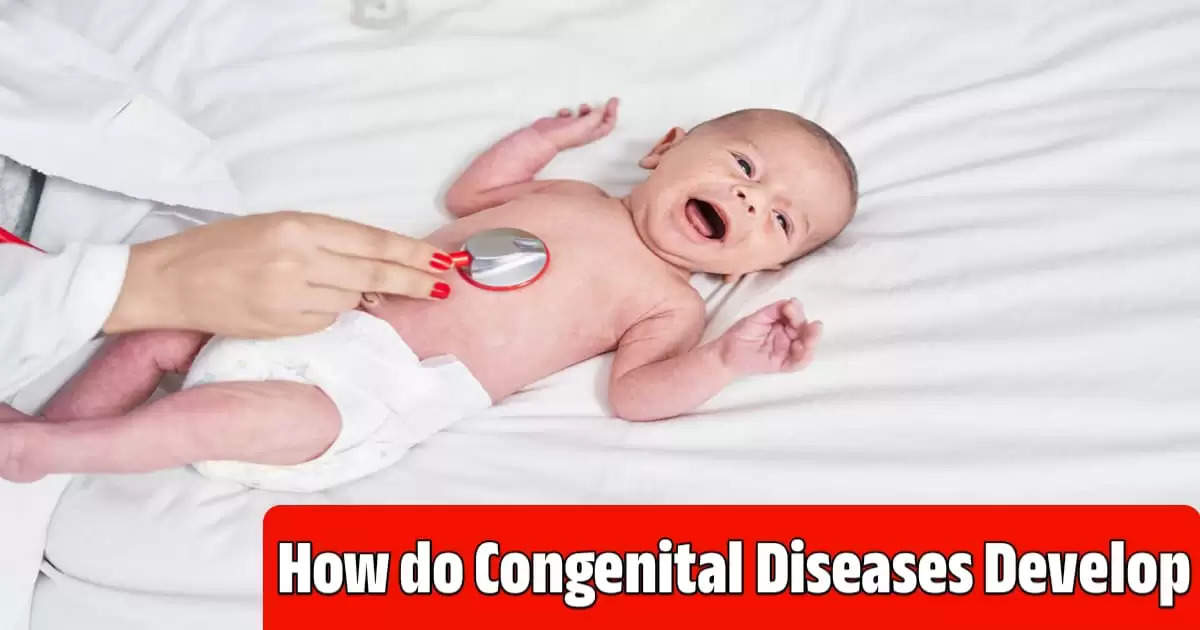What Is a Congenital Disease? Understanding Causes and Risks

A congenital disorder is a medical condition that is present at or before a child's birth. These are also called birth defects. Congenital disorders can also be caused by genetic or environmental factors. Their effects on a child's health and development can range from mild to severe. A child with a congenital disorder may suffer from lifelong disabilities or health problems.
What are examples of congenital diseases?
Common congenital disorders include:
A hole in the heart.
Physical deformity.
hernia
Club Foot.
Hip dysplasia.
Cleft lip and cleft palate.
Cerebral palsy.
Heart-related problem.
Down syndrome etc.
Rare congenital diseases include:
Phocomelia syndrome.
Caudal regression syndrome.
small head (microcephaly)
Poland syndrome.
Baylor-Gerold syndrome.
Frein's syndrome.
Apert syndrome etc.
Why do congenital diseases occur?
Pre-existing problems in pregnancy such as genetic disorders, single gene defects, or multifactorial disorders can be congenital. In addition, post-pregnancy problems such as teratogens (a substance that interferes with the fetus or its development) may occur.
What are congenital and hereditary diseases?
Many people get confused between congenital and hereditary diseases, telling you that anyone can suffer from congenital disorders. Such defects are present from birth, whereas hereditary disorders only run in families, i.e. they are passed from parents to their children through genes. There are several types of congenital and hereditary orthopedic disorders and in most cases, the condition can be controlled with timely treatment.
Medicines for Congenital Diseases:
Many medications are available for congenital disorders. But remember that please do not take any medicine without consulting your doctor. Taking medicine without a doctor's advice can cause serious harm to your health.
